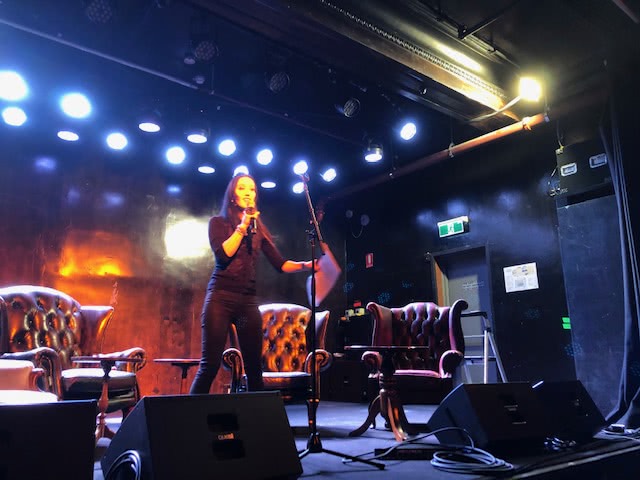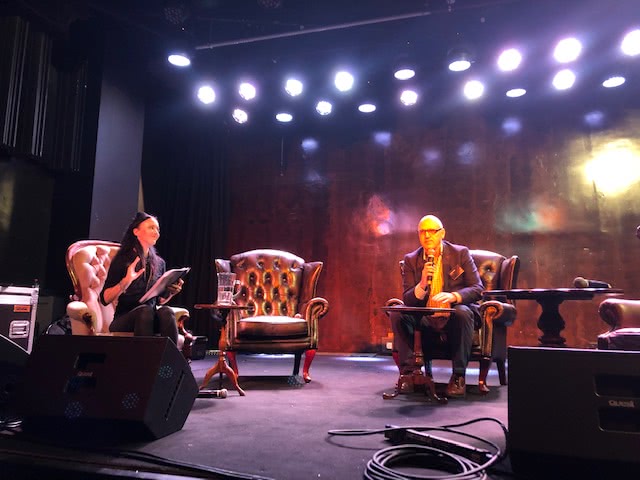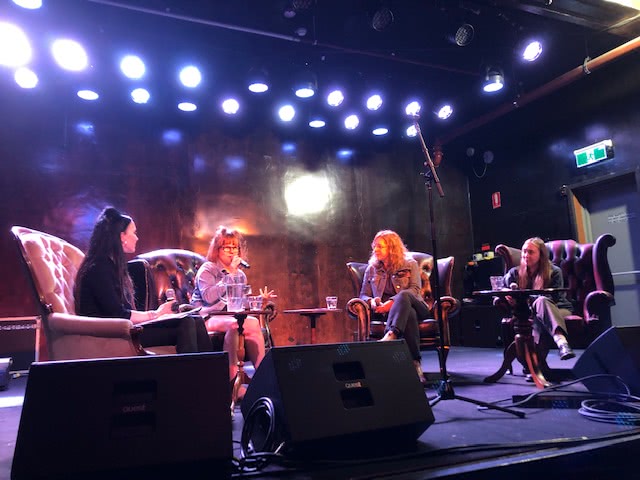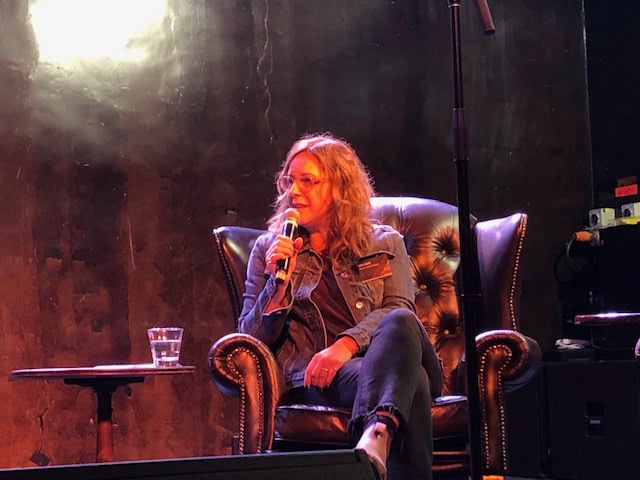Here’s what went down at the Melbourne Insights gathering at the Espy

The Espy can tell more stories than your Kindle.
Over its 140-year history, thousands of bands have worked the Esplanade Hotel, and countless beers spilled. The grand St Kilda venue came close to being shut down a few times, and was nearly knocked down in the 1990s to make way for apartments. Protesters saw off those plans.
After nearly three years in enforced hibernation, during which time more than $15 million was reportedly injected into updating the site, the beloved venue opened its doors once more in late November and is building towards a seven-day-week entertainment programme.
On Tuesday, special guests from the city’s creative option leaders and thinkers, media and music business enjoyed an exclusive first look at the full scale of its refurbishment (12 bars, two restaurants, three stages, five floors, three kitchens) and mixed it up for a half-day of city-wide panel discussions and special keynote presentation, all facilitated by Triple M presenter and author Jane Gazzo.

Jane Gazzo
TIO was on hand as professionals delved into Melbourne’s cultural trends and key priorities for the year ahead.
Timing is everything, and the Melbourne Insights’ mini pow-wow unfolded just two weeks after the re-election of the creatives-friendly Labor government, under state premier Daniel Andrews, while Sydney hosted second annual Global Cities After Dark gathering, where the lock-out city set the agenda for its own night time economy.

Jane Gazzo and Shane Hamon
Brian Nankervis knows a lot about timing, and on Tuesday played warm-up guy to perfection for guests in the Gershwin Room, a space he calls his second home, having shot Rockwiz there since 2005.
The room, we learned, has been largely untouched, except for a spanking new set of speakers and the installation of air-con units.
After addresses from Nicki Kenyon, General Manager of Consumer Markets at the event’s organiser, Visit Victoria, and a presentation from Espy’s new owners, Sand Hill Road Group, Gazzo kicked off a session exploring the city’s music scene, with a panel featuring Kate Duncan, CEO of the Push; Linda Bosidis, incoming managing director of Mushroom Music Publishing and artist Alice Skye of Grampians, who played earlier as guests mingled.
Melbourne’s live scene is energised, guests learned, but artists are still struggling in this streaming age.
“Where we suffer in the music industry is the sale of music,” Bosidis explained. “Income is a real problem. If we want this to be a thriving industry, there’s not a lot of income if people aren’t also paying for your music.”
The dollars and cents trickling down from digital income, “it’s not filling my bank account,” noted Skye.

Jane Gazzo, Kate Duncan, Linda Bosidis, Alice Skye
Duncan paid tribute to the work of Triple J in providing a platform for Grampians and countless homegrown acts (“we’re really lucky to have a youth broadcaster like them”) and talked the use of unconventional spaces for performances.
“We’re seeing more and more young artists making music in isolation. We need to bring people together and foster that community,” she explained.
Next up, a panel on design drilled into the history of the Espy and its speakers gave a glimpse at our compact, urban future. “We need to get used to living next to each other,” noted Martin Brown, design director at Local Peoples.
Fortunately, explained Dr Shane Hamon, Monash academic and expert on the night time economy, during his keynote presentation, Melbourne has a historical advantage through its use of space and a shrewd grid plan, which lends itself to layering activity in the CBD caters.
Hamon also name-checked SLAM, Music Victoria, FairGo4Live Music and other organisations which, together, operate as part of a wider ensemble that exists as an alternative policy engine by doing their own, independent research and presenting those findings to government.

Linda Bosidis
The spotlight then fell on the night economy, the overlooked suburbs (“they can be just as creative as the cities”) and the lessons learned from the appointment of night Majors and Czars in a string of major European and U.S. cities.
“The argument about which city has the best nightlife is unhelpful,” he explained, clearly taking a dig at the generations long Melbourne v Sydney rivalry. There’s no winner in all that; collaboration is answer.
We’re living in a “global supermarket of ideas,” he explained, with cities retro-fitting their actions and policies according to their specific needs.”
In the final of the day’s three streams, panelists speakers investigated the root of Melbourne’s socially progressive attitudes, and guests were updated on plans for the Pride Centre, the new home of Victoria’s lesbian, gay, bisexual, transgender, queer and intersex communities.
The facility in south Melbourne will have 10 resident organisations and house broadcasters and a health centre. “We want to have a town hall for ourselves,” explained Stuart Kollmorgen, deputy chair of the Pride Centre.
Read more here.
This article originally appeared on The Industry Observer, which is now part of The Music Network.






























